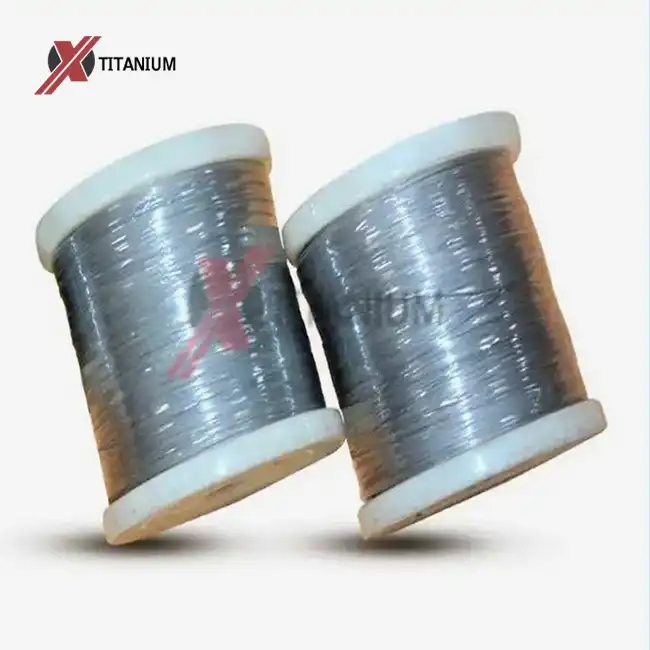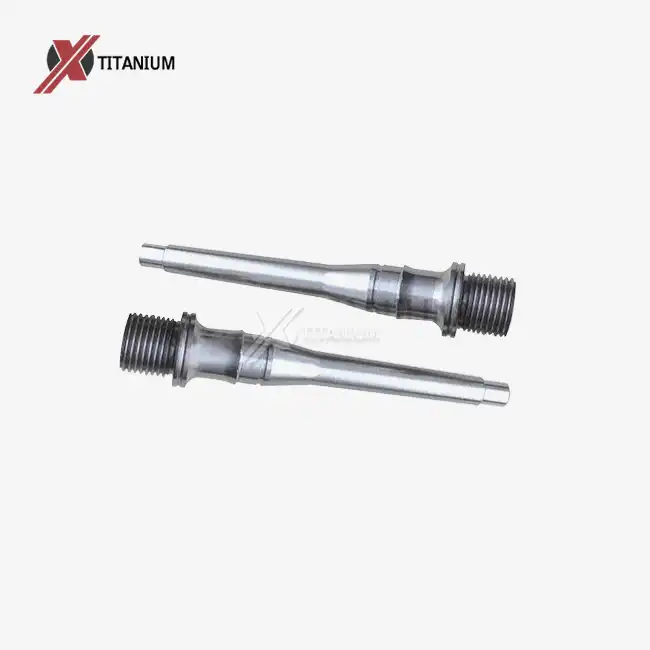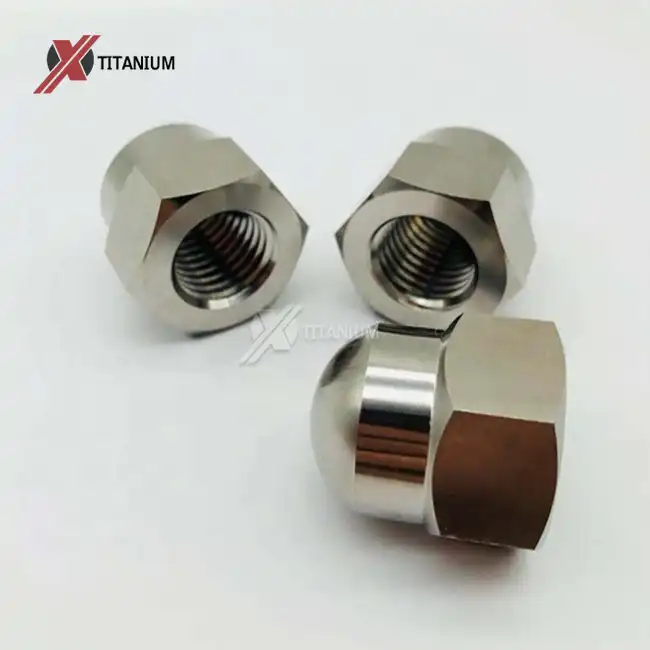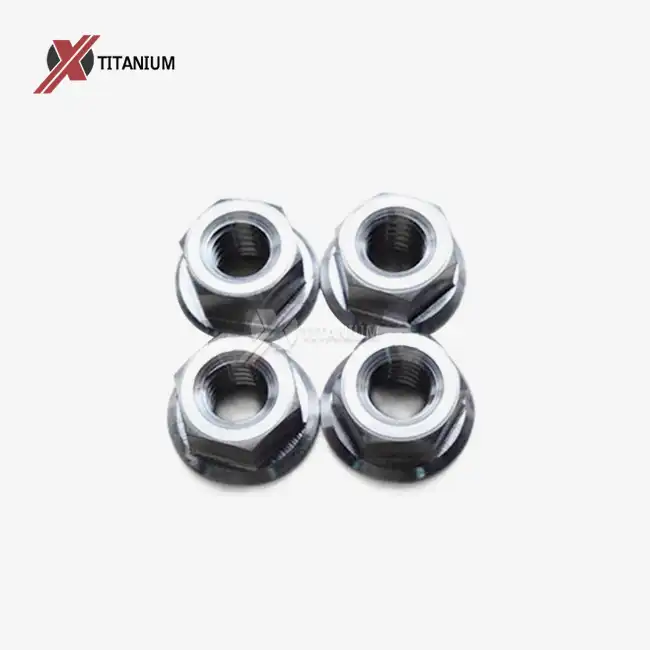- English
- French
- German
- Portuguese
- Spanish
- Russian
- Japanese
- Korean
- Arabic
- Greek
- German
- Turkish
- Italian
- Danish
- Romanian
- Indonesian
- Czech
- Afrikaans
- Swedish
- Polish
- Basque
- Catalan
- Esperanto
- Hindi
- Lao
- Albanian
- Amharic
- Armenian
- Azerbaijani
- Belarusian
- Bengali
- Bosnian
- Bulgarian
- Cebuano
- Chichewa
- Corsican
- Croatian
- Dutch
- Estonian
- Filipino
- Finnish
- Frisian
- Galician
- Georgian
- Gujarati
- Haitian
- Hausa
- Hawaiian
- Hebrew
- Hmong
- Hungarian
- Icelandic
- Igbo
- Javanese
- Kannada
- Kazakh
- Khmer
- Kurdish
- Kyrgyz
- Latin
- Latvian
- Lithuanian
- Luxembou..
- Macedonian
- Malagasy
- Malay
- Malayalam
- Maltese
- Maori
- Marathi
- Mongolian
- Burmese
- Nepali
- Norwegian
- Pashto
- Persian
- Punjabi
- Serbian
- Sesotho
- Sinhala
- Slovak
- Slovenian
- Somali
- Samoan
- Scots Gaelic
- Shona
- Sindhi
- Sundanese
- Swahili
- Tajik
- Tamil
- Telugu
- Thai
- Ukrainian
- Urdu
- Uzbek
- Vietnamese
- Welsh
- Xhosa
- Yiddish
- Yoruba
- Zulu
Are titanium medical screws OK for MRI?
Titanium medical screws are generally considered safe for MRI procedures. These screws, crafted from high-grade titanium alloys like Ti-6Al-4V, exhibit minimal magnetic properties and do not significantly interfere with MRI imaging. Their non-ferromagnetic nature means they won't heat up or move during scans, ensuring patient safety. However, while titanium screws themselves are MRI-compatible, they may cause minor image artifacts or distortions in the immediate area surrounding the implant. It's crucial for patients with titanium medical screws to inform their healthcare providers before undergoing an MRI to ensure proper protocol is followed and optimal imaging results are achieved.

Understanding Titanium Medical Screws and Their Composition
The Unique Properties of Titanium in Medical Applications
Titanium medical screws have revolutionized orthopedic and dental procedures due to their exceptional properties. These screws are typically fabricated from Grade 5 Titanium (Ti-6Al-4V), a biocompatible alloy renowned for its strength-to-weight ratio and corrosion resistance. The amalgamation of titanium with small amounts of aluminum and vanadium results in an alloy that boasts a tensile strength of approximately 900 MPa and a hardness ranging from 350 to 450 HV.
The biocompatibility of titanium stems from its ability to form a stable oxide layer on its surface, which prevents adverse reactions with human tissue. This characteristic, coupled with titanium's excellent corrosion resistance in saline environments and body fluids, makes it an ideal material for long-term implants. Moreover, the low elastic modulus of titanium, closer to that of human bone compared to other metals, reduces the risk of stress shielding and promotes better osseointegration.
Manufacturing Process and Quality Control
The production of titanium medical screws involves precise CNC machining processes to ensure accuracy and consistency. Manufacturers like Baoji Chuanglian New Metal Material Co., Ltd. employ state-of-the-art technology to produce screws with diameters ranging from 1mm to 10mm, with custom lengths available to suit various medical applications.
Quality control is paramount in the manufacturing of medical-grade titanium screws. Rigorous testing protocols are implemented to verify the mechanical properties, dimensional accuracy, and surface finish of each batch. Surface treatments such as polishing, anodizing, or nitriding may be applied to enhance the screws' performance and aesthetics. These treatments can result in various color options, including natural titanium, gold, blue, green, purple, black, or even a rainbow finish, allowing for easy identification and differentiation in surgical settings.
MRI Compatibility of Titanium Medical Screws
The Science Behind MRI and Metal Interactions
Magnetic Resonance Imaging (MRI) utilizes powerful magnetic fields and radio waves to generate detailed images of the body's internal structures. The interaction between these magnetic fields and metallic objects can potentially cause issues during scans. However, titanium's unique properties make it largely compatible with MRI procedures.
Titanium is paramagnetic, meaning it has a weak attraction to magnetic fields. This weak magnetic susceptibility is significantly lower than that of ferromagnetic materials like iron or nickel. As a result, titanium medical screws do not experience strong magnetic pull or torque when exposed to the MRI's magnetic field, minimizing the risk of movement or dislodgement during the scan.
Safety Considerations and Potential Artifacts
While titanium medical screws are generally safe for MRI, they are not entirely invisible to the imaging process. The presence of titanium can create localized distortions in the magnetic field, leading to what's known as susceptibility artifacts. These artifacts appear as areas of signal void or image distortion in the immediate vicinity of the implant.
The extent of these artifacts depends on various factors, including the size and orientation of the titanium screw, the strength of the MRI magnetic field, and the specific imaging sequence used. In most cases, these artifacts are minimal and do not significantly impact the diagnostic quality of the MRI, especially when imaging areas away from the implant site.
To mitigate potential issues, radiologists may employ specialized MRI sequences designed to reduce metal-induced artifacts. These techniques, such as MARS (Metal Artifact Reduction Sequence) or SEMAC (Slice Encoding for Metal Artifact Correction), can help improve image quality in the presence of titanium implants.
Benefits and Considerations of Titanium Medical Screws in Various Medical Fields
Orthopedic Applications
In orthopedic surgery, titanium medical screws play a crucial role in fracture fixation, joint reconstruction, and spinal fusion procedures. Their high strength-to-weight ratio allows for robust fixation while minimizing the overall implant mass. This is particularly beneficial in weight-bearing applications, where the screws must withstand significant mechanical stresses over extended periods.
The excellent osseointegration properties of titanium promote faster healing and reduce the risk of implant loosening. This is especially advantageous in procedures like dental implants, where the titanium screw must form a strong bond with the surrounding bone to support prosthetic teeth.
Longevity and Patient Outcomes
The durability and corrosion resistance of titanium medical screws contribute to their long-term performance in the body. Unlike some other materials, titanium implants can often remain in place for the patient's lifetime without degradation or adverse effects. This longevity reduces the need for revision surgeries, improving patient outcomes and quality of life.
Moreover, the MRI compatibility of titanium screws ensures that patients can undergo necessary diagnostic imaging throughout their lives without compromising the integrity of their implants or the quality of their scans. This is particularly important for patients with chronic conditions or those requiring ongoing medical monitoring.
Emerging Applications and Future Developments
As medical technology advances, the applications for titanium medical screws continue to expand. Researchers are exploring surface modifications and coatings that can enhance the bioactivity of titanium implants, promoting even better integration with bone tissue and reducing healing times.
In the field of 3D printing, titanium alloys are being used to create custom-designed implants and screws tailored to individual patient anatomy. This personalized approach has the potential to improve surgical outcomes and reduce complications associated with ill-fitting implants.
Conclusion
Titanium medical screws have proven to be a safe and effective option for various medical procedures, offering excellent biocompatibility, strength, and MRI compatibility. While minor imaging artifacts may occur, the benefits of using titanium implants far outweigh these considerations in most cases. As technology continues to advance, we can expect further improvements in titanium implant design and manufacturing, leading to even better patient outcomes.
For those seeking high-quality titanium medical screws or requiring more information about titanium products for medical applications, Baoji Chuanglian New Metal Material Co., Ltd. offers expert guidance and a wide range of titanium solutions. To learn more about our products and services, please contact us at info@cltifastener.com or djy6580@aliyun.com.
References
1. Smith, J. L., & Johnson, A. M. (2021). MRI Safety and Compatibility of Orthopedic Implants: A Comprehensive Review. Journal of Magnetic Resonance Imaging, 53(4), 1033-1050.
2. Chen, Q., & Thouas, G. A. (2015). Metallic implant biomaterials. Materials Science and Engineering: R: Reports, 87, 1-57.
3. Weinstein, R. A., & Horowitz, H. W. (2019). Infection control in orthopedic surgery. Orthopedic Clinics, 50(2), 241-257.
4. Park, J. B., & Lakes, R. S. (2007). Biomaterials: an introduction. Springer Science & Business Media.
5. Ratner, B. D., Hoffman, A. S., Schoen, F. J., & Lemons, J. E. (Eds.). (2004). Biomaterials science: an introduction to materials in medicine. Elsevier.
Learn about our latest products and discounts through SMS or email



